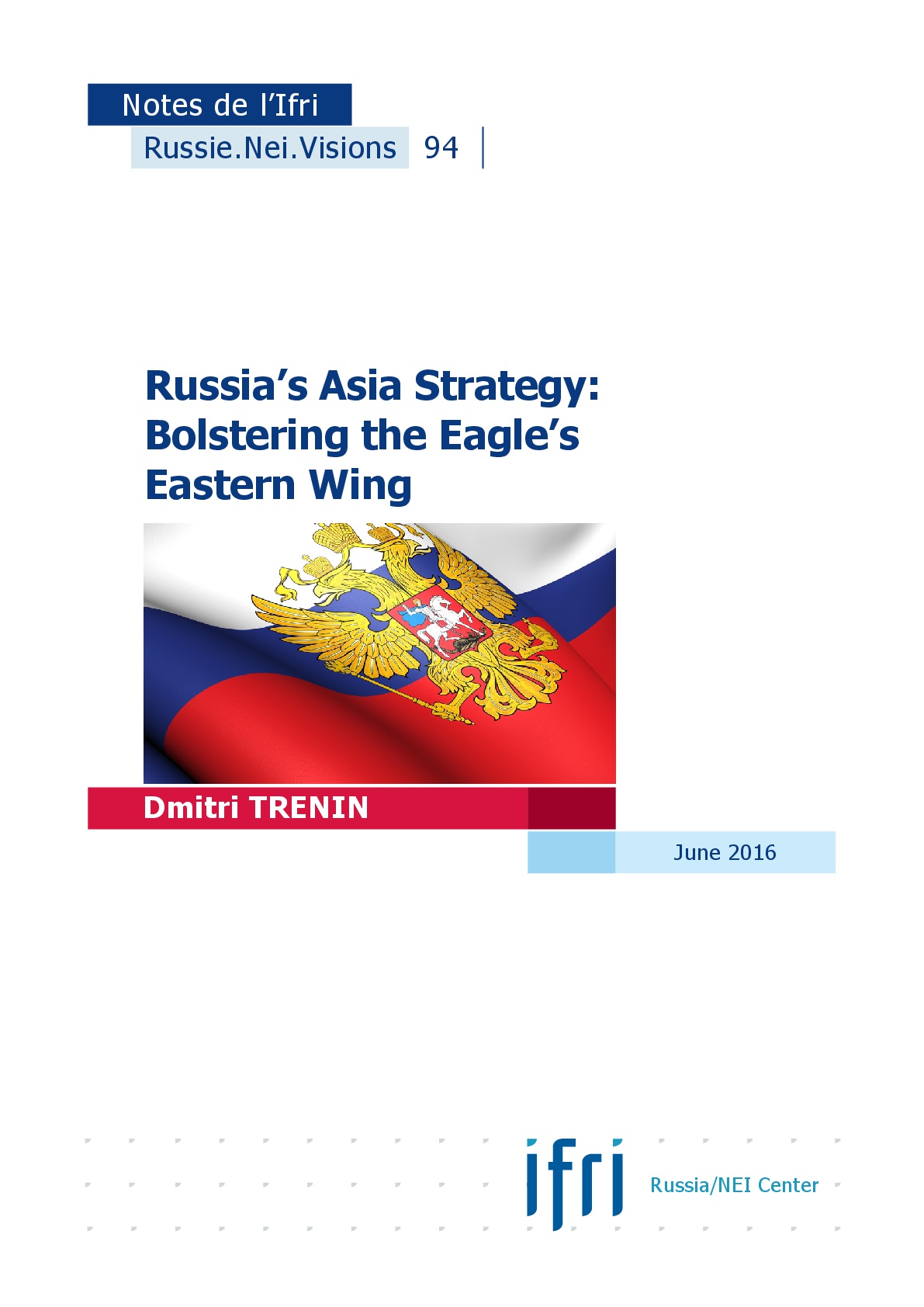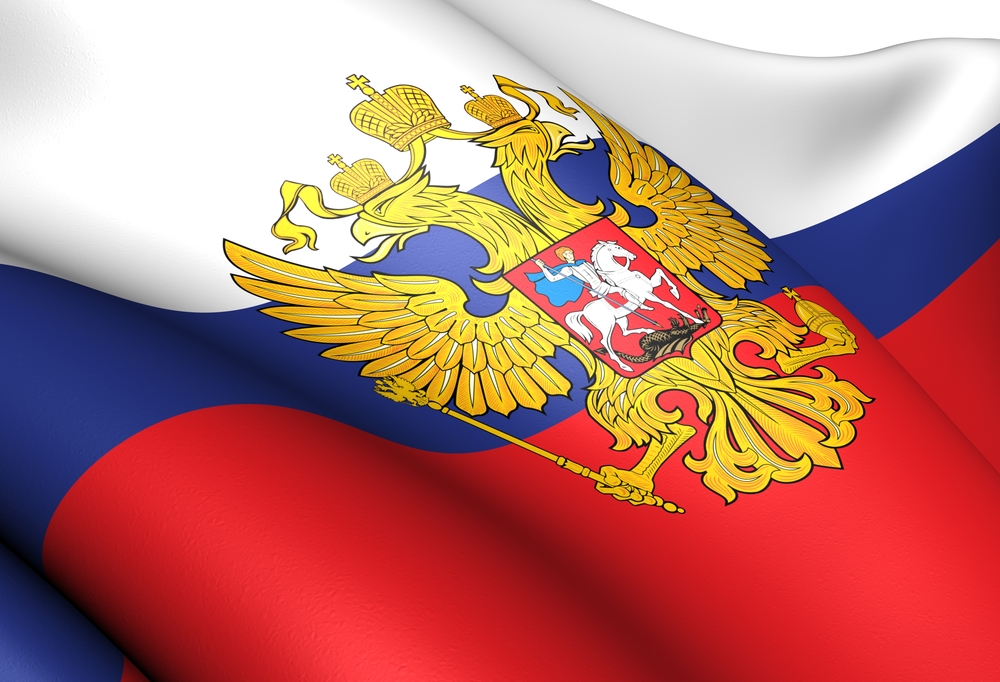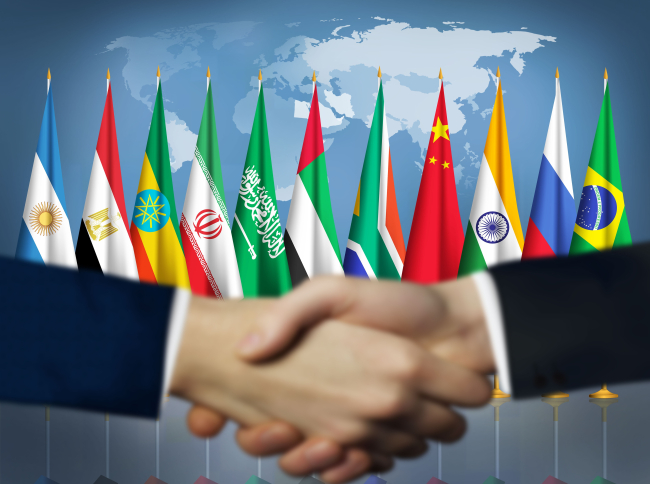Russia’s Asia Strategy: Bolstering the Eagle’s Eastern Wing

Among Russia’s strategic priorities, Asia traditionally played a secondary role compared to the West. In the mid-1990s, then Foreign Minister Yevgeny Primakov initiated a rapprochement with China and India. Then, in 2014, deteriorating relations between Russia and the West prompted Moscow to begin its “great pivot to the East”.

Russia’s “new” Asian policy must avoid two pitfalls: focusing excessively on China, and managing relations with the countries of the region in a strictly bilateral way. Bilateral relations, even with China, need to be parts of a whole, and closely coordinated with other parts. As part of a broader Asian-Pacific strategy, Moscow should seek to build a “Great Eurasia”. This requires an integrated approach to the region as a whole, and an overall approach that embraces geopolitical, geo-economic, military, informational and cultural dimensions.
Dmitri Trenin, director of the Carnegie Moscow Center, has been with the center since its inception. He chairs the center’s Research Council and its Foreign and Security Policy Program.

Available in:
Regions and themes
ISBN / ISSN
Share
Download the full analysis
This page contains only a summary of our work. If you would like to have access to all the information from our research on the subject, you can download the full version in PDF format.
Russia’s Asia Strategy: Bolstering the Eagle’s Eastern Wing
Related centers and programs
Discover our other research centers and programsFind out more
Discover all our analysesMoldova’s Foreign Policy after 2024 Presidential Elections: Staying on the EU Path, Moving Eastwards or Becoming Multi-vector?
The future of Moldova’s foreign agenda will undergo a stress test during the upcoming presidential elections on October 20, 2024.
Russian Strategic Thinking and Culture Before and After February 24, 2022: Political-Strategic Aspects
Written by Dimitri Minic, the scientific article "Russian Strategic Thinking and Culture Before and After February 24, 2022: Political-Strategic Aspects" in Russia’s war against Ukraine: Complexity of Contemporary Clausewitzian War by the National Defence University Department of Warfare, Helsinki 2024.
Russia and the New BRICS Countries: Potentials and Limitations of a Scientific and Technological Cooperation
At the fifteenth BRICS summit, held in Johannesburg, South Africa, from August 22 to 24, 2023, a resolution was adopted to extend an invitation to six new countries to join the organization: Argentina, Egypt, Ethiopia, Iran, Saudi Arabia, and the United Arab Emirates (UAE). All of these countries except Argentina duly became members of BRICS in 2024, with the expanded group known as BRICS+. In addition to the political and economic advantages, it is assumed that the incorporation of these new countries could potentially facilitate their scientific and technological development.
The South Caucasus: A New Strategic Space?
The states of the South Caucasus are trying to find their footing in an increasingly fragmented international landscape.














